Forest carbon resilience
Forests are the most biodiverse habitat on earth. They also drive the terrestrial carbon cycle. My research examines how tree traits and interactions influence forest carbon cylcing in changing habitats. I focus on wood decay using multilevel models of inventories and experiments.
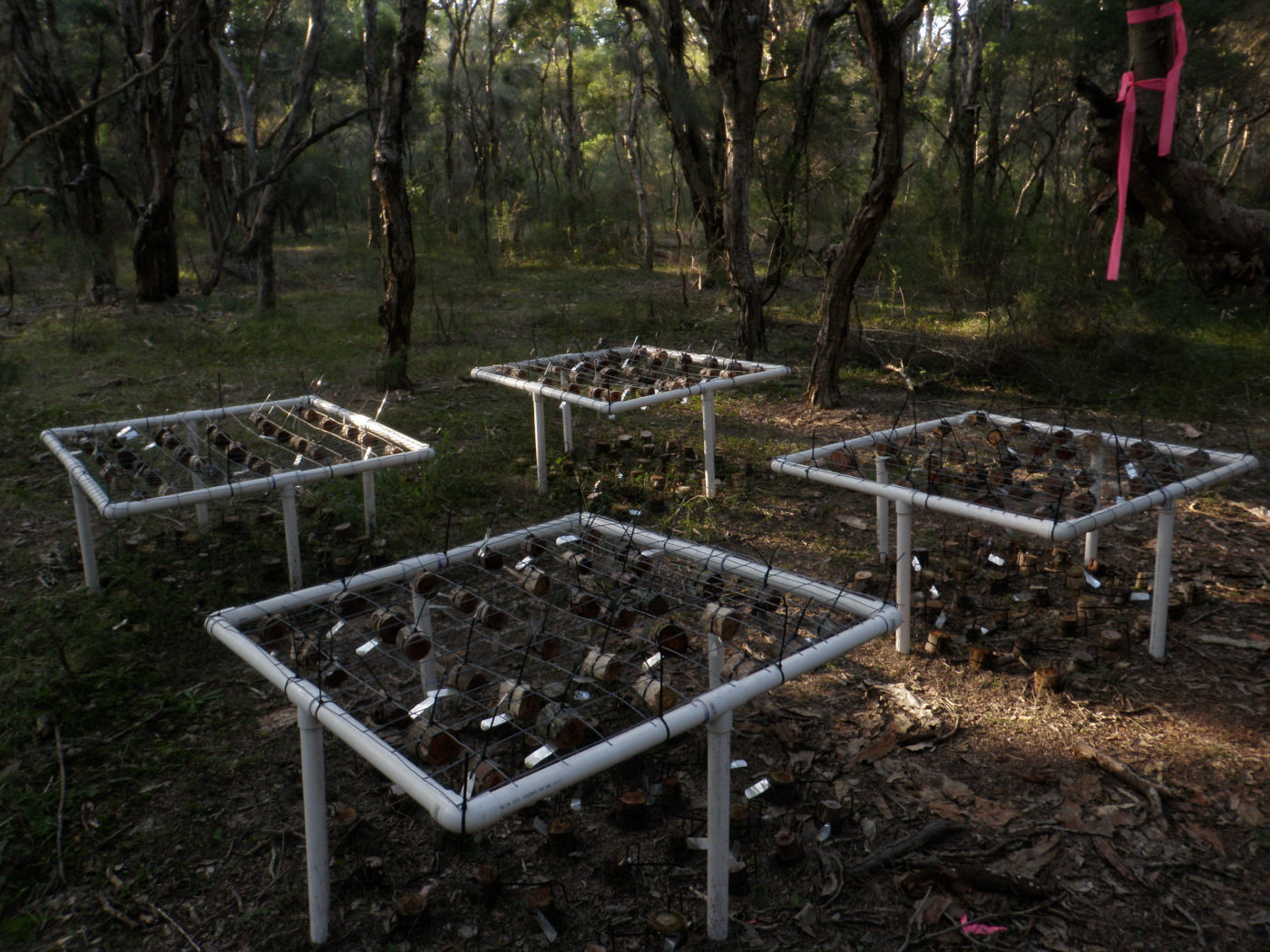
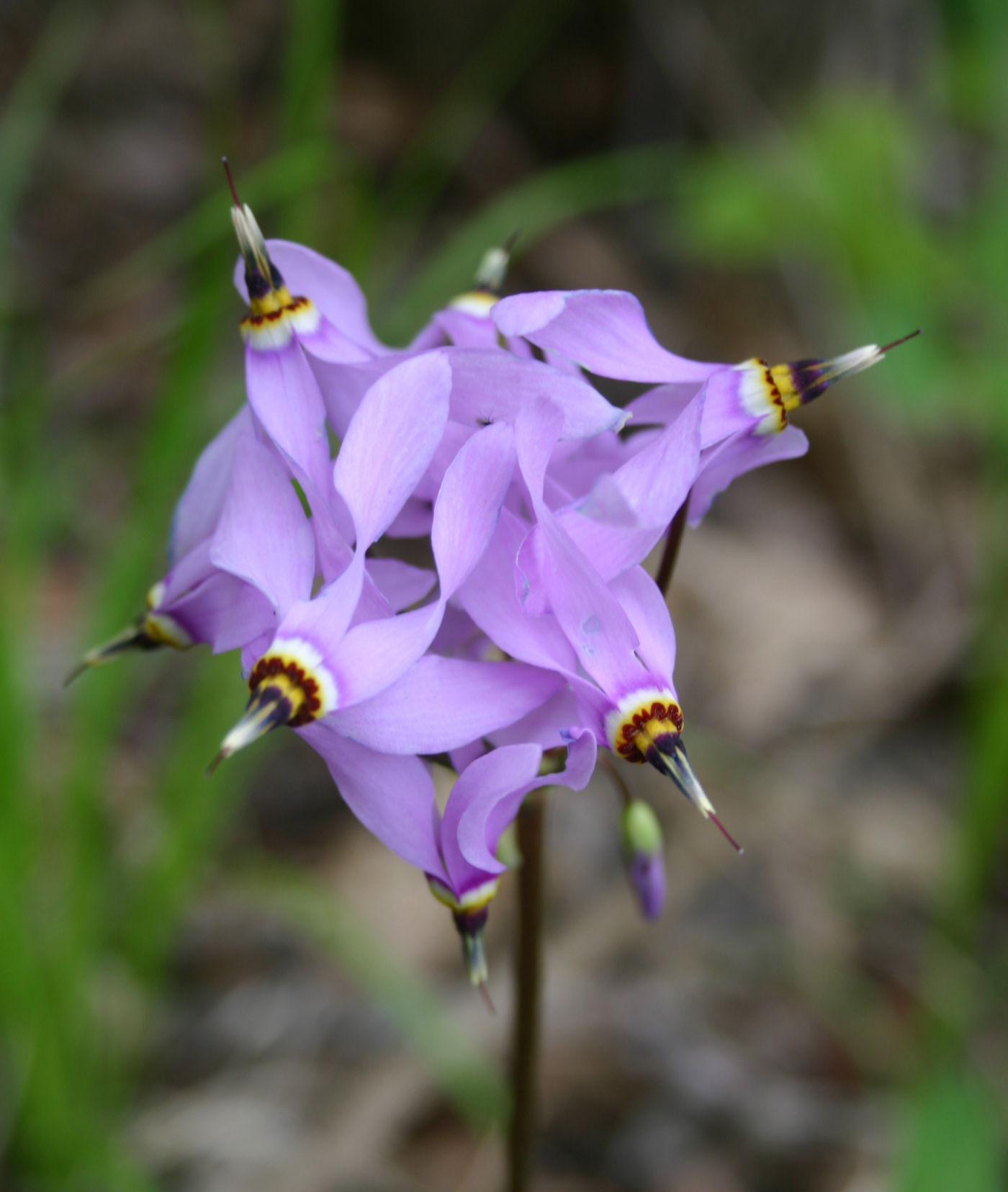

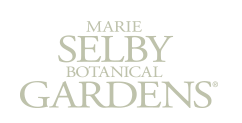
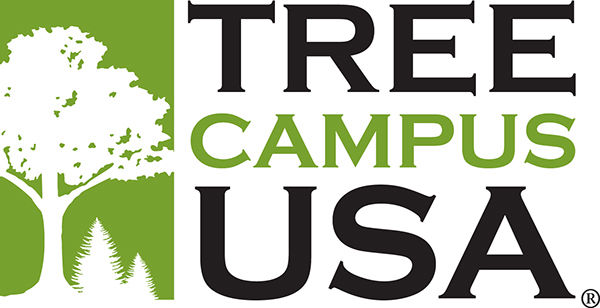
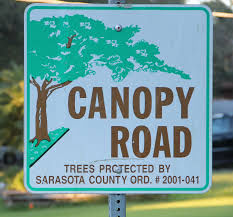
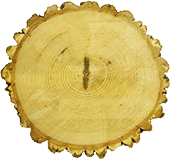
Research